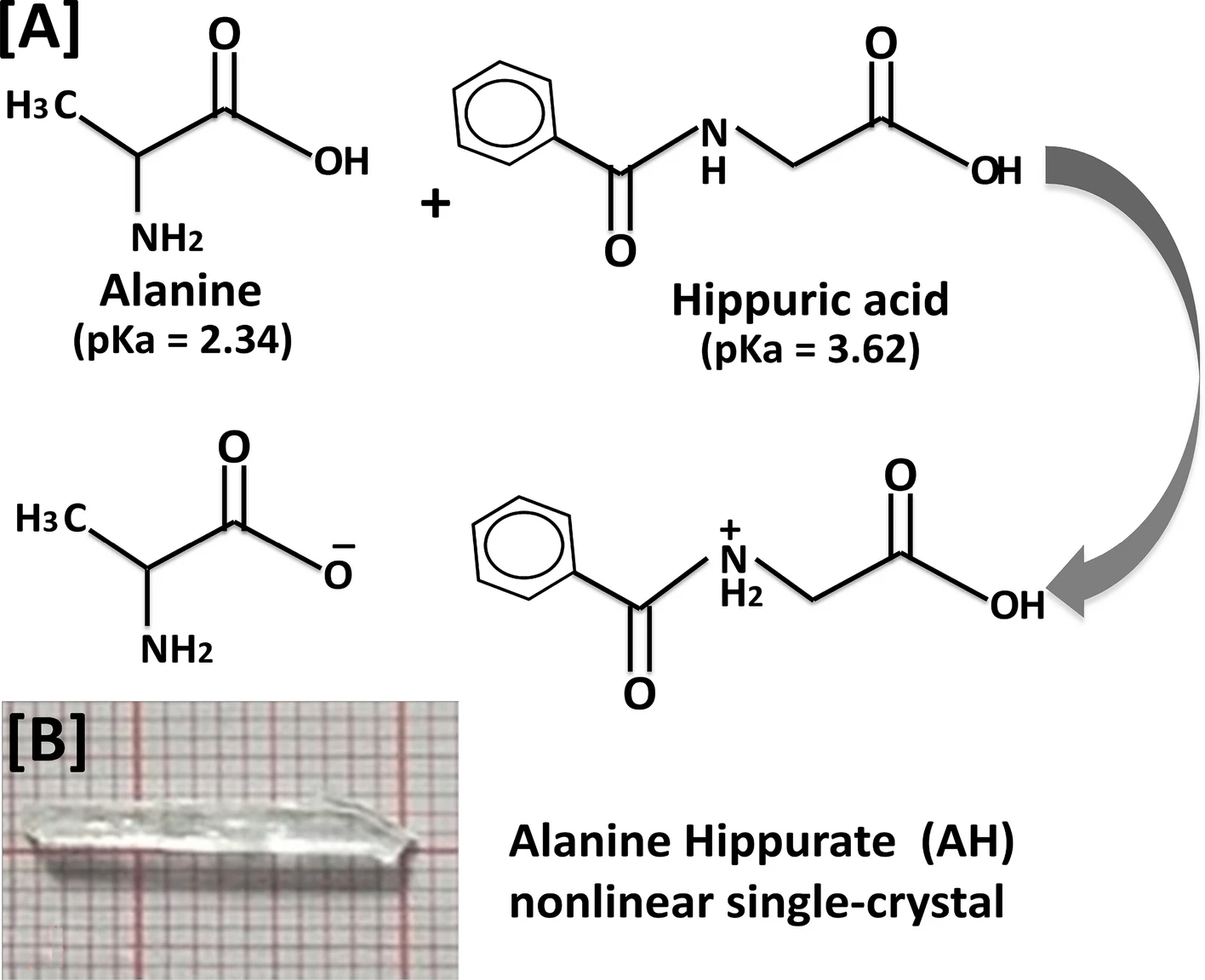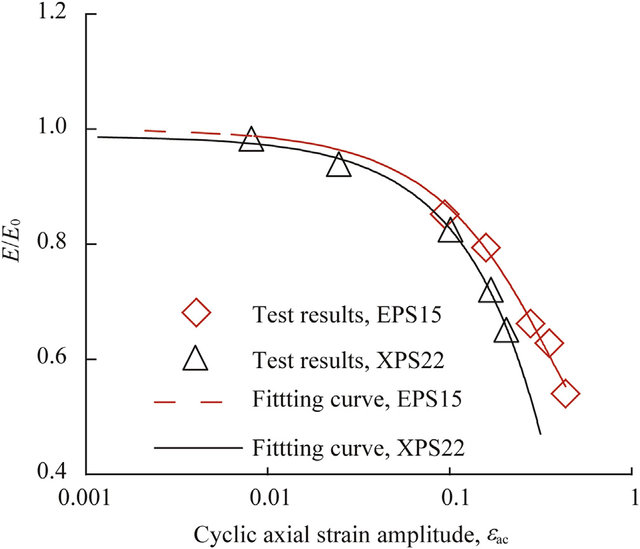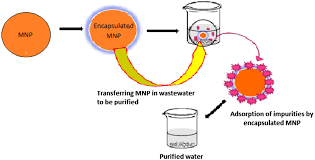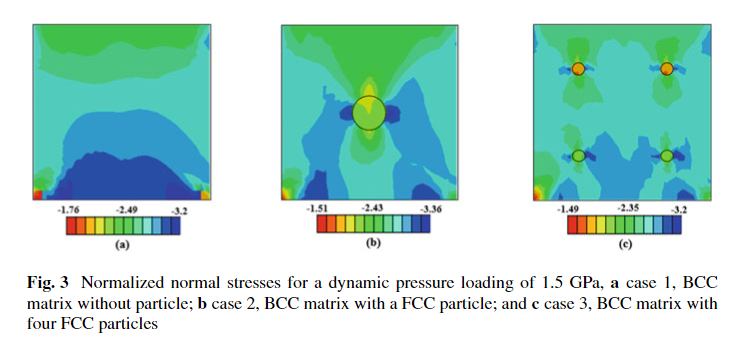
The synthesis, production & economic feasibility of manufacturing PLA from agricultural waste
Synthetic plastics are extensively used in several applications including packaging, containers, bottles, trays, and boxes. However, these plastics are based on synthetic components which are not biodegradable, thus they rigorously effect the environment causing water, air pollution and high health risks. Moreover, Individuals are exposed to chemicals during manufacturing or usage of synthetic plastic that can easily migrate to the surrounding such as styrene from polystyrene, plasticizers from polyvinyl chloride (PVC), antioxidants from polyethylene, and acetaldehyde from polyethylene terephthalate (PET), and they lead to several human diseases. The authors studied the economic feasibility of producing Polylactic Acid (PLA)as a replacement for synthetic polymers. The results suggest that by replacing all synthetic plastic products with PLA materials, and recycling all plastics produced annually, the world can reduce 800 million tons GHG emissions every year. Furthermore, the economic feasibility analysis show that PLA pellets are more feasible economically than synthetic plastics if quality requirements are met. © 2019 Elsevier B.V.





